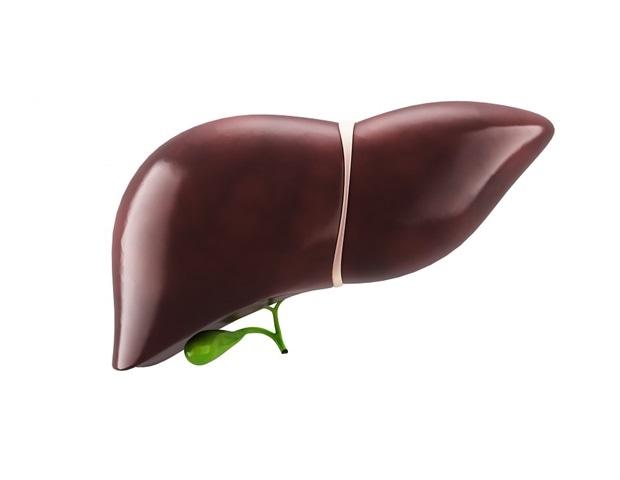[ad_1]

Background and aims
Alpha-1 antitrypsin deficiency (AATD) is a genetic disorder characterized by the misfolding and accumulation of the mutant variant of alpha-1 antitrypsin (AAT) within hepatocytes, which limits its access to the circulation and exposes the lungs to protease-mediated tissue damage. This results in progressive liver disease secondary to AAT polymerization and accumulation, and chronic obstructive pulmonary disease (COPD) due to deficient levels of AAT within the lungs. Our goal was to characterize the unique effects of COPD secondary to AATD on liver disease and gene expression.
Methods
A subcohort of AATD individuals with COPD (n = 33) and AATD individuals without COPD (n = 14) were evaluated in this study from our previously reported cross-sectional cohort. We used immunohistochemistry to assess the AATD liver phenotype, and RNA sequencing to explore liver transcriptomics. We observed a distinct transcriptomic profile in liver tissues from AATD individuals with COPD compared to those without.
Results
A total of 339 genes were differentially expressed. Canonical pathways related to fibrosis, extracellular matrix remodeling, collagen deposition, hepatocellular damage, and inflammation were significantly upregulated in the livers of AATD individuals with COPD. Histopathological analysis also revealed higher levels of fibrosis and hepatocellular damage in these individuals.
Conclusions
Our data supports a relationship between the development of COPD and liver disease in AATD and introduces genes and pathways that may play a role in AATD liver disease when COPD is present. We believe addressing lung impairment and airway inflammation may be an approach to managing AATD-related liver disease.
Source:
Journal reference:
Mohammad, N., et al. (2024). Liver Characterization of a Cohort of Alpha-1 Antitrypsin Deficiency Patients with and without Lung Disease. Journal of Clinical and Translational Hepatology. doi.org/10.14218/jcth.2024.00201.
[ad_2]
Source link


